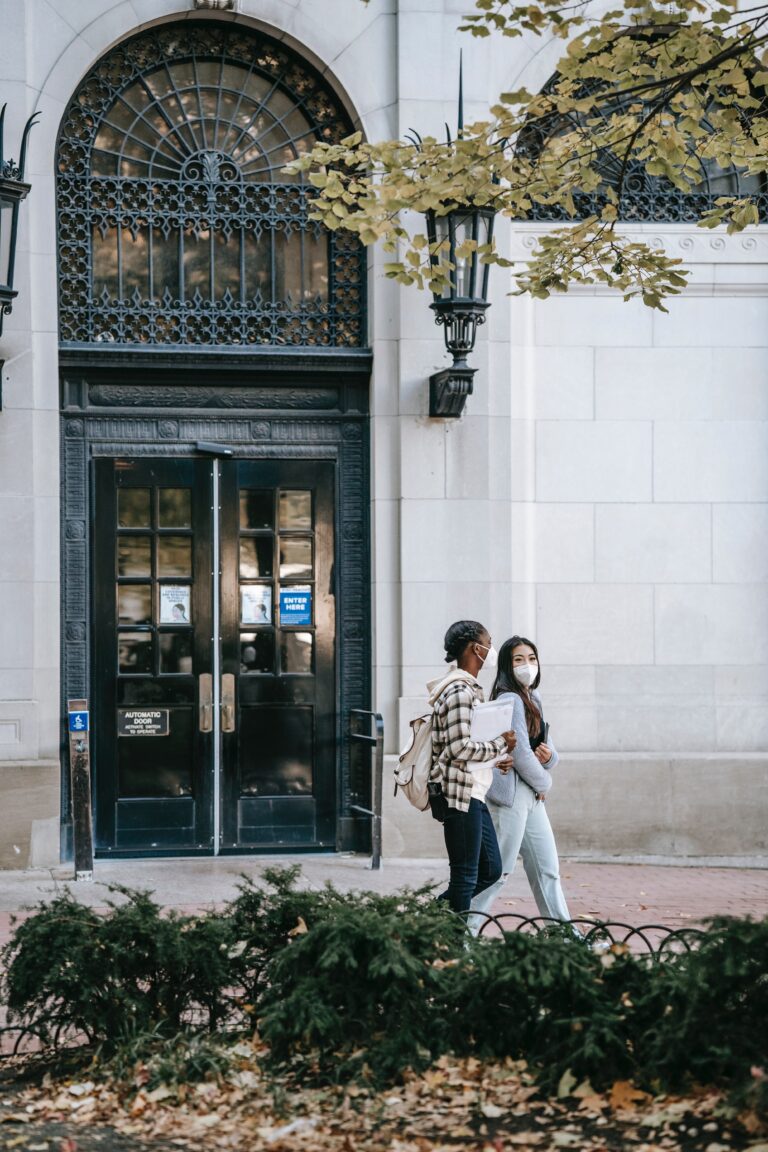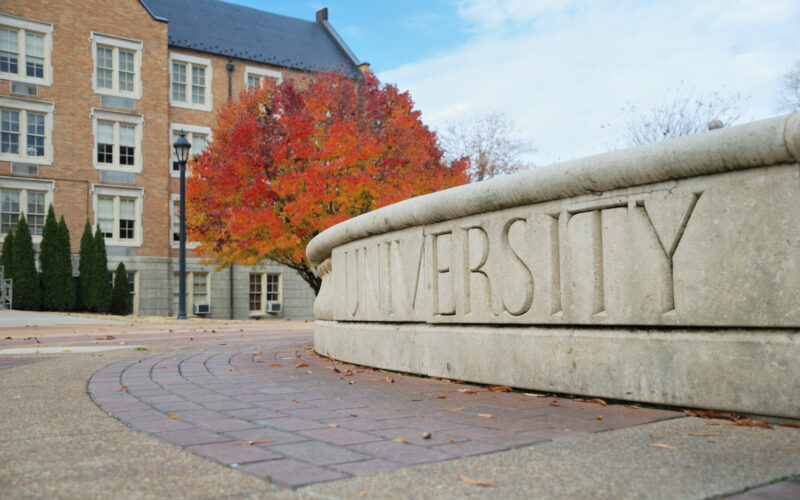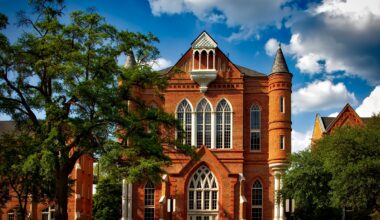In search of new markets and new opportunities in Africa, offshore campuses of American Universities in Africa may have opened incredibly new vistas and opportunities for both America and African students. The American University in Cairo is an example of globalization of American education. It was founded in 1919 to provide American style education to students from all socio-political and cultural backgrounds in Egypt and the surrounding region.
Africa is an attractive destination for American, French, British and Chinese and lately Indian, institutions of higher learning. Demand for higher education is high in sub-Sahara Africa. Statista data show total African population in 2021 at 1.37 billion. Africa has 54 sovereign countries. Quartz Africa reports that the 740 universities serve 660 million Africans in ten of the most populous countries. The rise in demand for higher education in sub-Sahara Africa is immediate and intense. IIE Open Door data show that in the 2019/2020 school year 5444 sub-Sahara African students were studying in US universities and colleges. Conversely, Americans study in Sub-Sahara Africa almost 60% drop from 13,455 in the 2018/2019 school year.
In Ghana, west Africa, Webster Ghana, wholly owned by St Louis, Missouri based Webster University has an Accra based campus. Also in Accra, China Europe International Business School in 2008 sited their offshore campus in Accra to offer Executive MBA, which according to the university serves as a pipeline of applicants for the CEIBS Global EMBA program. China Europe International has since begun the Women Entrepreneurship & Leadership for Africa Program (WELA) in Accra to provide support for African women entrepreneurs.
Rwanda is home to Carnegie Mellon University based in Pittsburg, Pennsylvania. Harvard University, Cambridge, Massachusetts, operates an Early Childhood Development Program in Rwanda. Harvard University Harvard Global operates the Center for African Studies as well as a Harvard Summer School in Johannesburg, South Africa. Duke university Center for international & Global Studies says on their website that Duke Engage offers two programs in South Africa: Duke Engage in South Africa- Cape Town and Duke Engage in South Africa- Durban
In 2018 28,000 African students were studying in the United States, the largest number coming from Nigeria, and the rest from Egypt, Kenya, Ghana, Ethiopia, South Africa, and Morocco. The World Bank reports that in 49 countries in sub-Sahara Africa, a little under 10 percent of college age students were enrolled in higher education in the 1970-2013 period. There is room for expansion of quality education especially in sub-Sahara Africa.
India has joined in the new exploitation of educational opportunities in Africa. World Education News & Reviews, WES on its website reports. In addition to recruiting Africans for study programs in India, several Indian universities have branched out to Africa to offer education directly on the continent, if often through distance education mode. Indira Gandhi National Open University (IGNOU), the world largest university, now offers its distance education programs through study centers in Ethiopia, Ghana, Kenya, Liberia, Madagascar, and Namibia.
This internationalization is expected to lead to mutual benefits to both the international institution and the host country. In some situations, the campuses are set up in multi-cultural, multi-ethnic, politically, and sometimes socially unstable countries. It is expected by universities and host countries that this will create jobs, drive growth, generate research, impact the local economy, and train local business owners. The goal is to provide transformative education to students in the host countries. Time will tell what the outcomes will be.

As much as these outposts offer foreign style education where non-indigenous professors work in environments, climates and classrooms which are culturally very different to their own, African universities in many countries are underfunded and underprepared for the challenges of a global world of teaching and learning. There must be some level of adjustments on all sides.
In the case of the US universities, the motivation for them is to improve on their enrollment numbers, thereby improving their revenue source. In addition to that need, many of them set up partnerships and collaborations with other institutions and governments to increase their international exposure, increase international student enrollment, offer opportunities for their American students to study in Africa, learn new languages, bring foreign students and foreign scholars to the United States, as well as foster research cooperation, especially when foreign institutions and their governments are funding the research.
There are cross-cultural benefits of internationalization. There is also money to be made by institutions, either to attract students to home campuses or set up shop in Africa. Either way, the transaction will be mutually beneficial. There is no empirical data to measure the performance of these institutions. However, for many Africans, affordability is an issue regarding being able to attend these institutions.
The cost to African students can be extremely high. The cost of an MBA at one of the campuses is 115,000 American dollars for a twenty-month program. The overall impact of these programs having relatively limited reach is potentially closed to less privileged students. Undoubtedly, the crop of students will emerge from the wealthy elite from these host nations.
It is essential too, that global campuses operating in sub-Sahara Africa engage indigenous universities through meaningful partnerships and collaboration especially in research. There is very little evidence of that happening.






